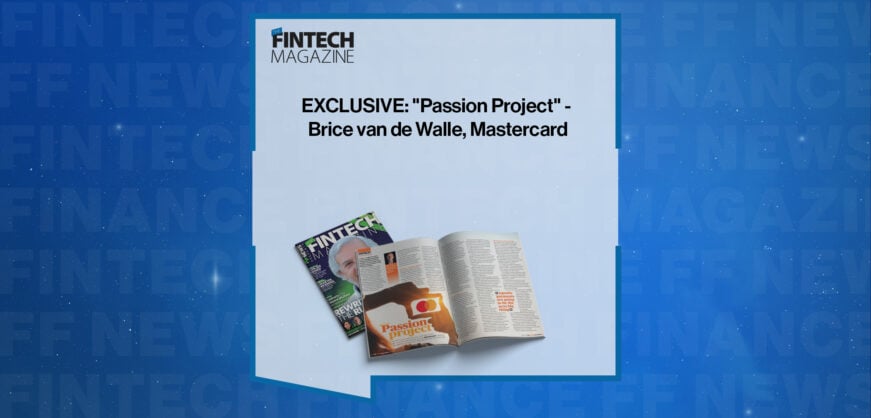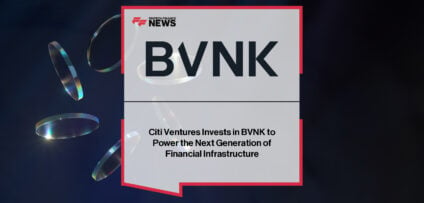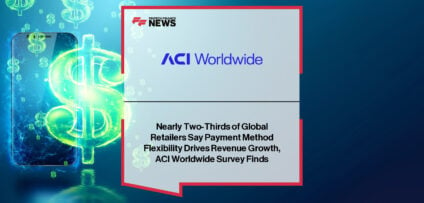Breaking News
Card Issuing Is Becoming Digital First | HPS | Money20/20 Europe
Card issuing is becoming digital first.
At Money20/20 Europe, we spoke to HPS Senior Presales Consultant Guillaume Leclerc, about the changes transforming payments orchestration, including digital banking, customer onboarding, and the rise of BNPL.
Card issuing is also changing in the wake of changing customer habits and an increasingly banked Gen Z population. With further thoughts on the cross-border payments landscape and indeed on Money20/20 itself, be sure to watch this insightful interview.
The market forces impacting payments orchestration
Leclerc highlights a number of market forces significantly impacting payments orchestration, such as the changes in digital banking and the need for digital customer onboarding. This shift necessitates specialized orchestration technology to accurately score clients and manage a complex web of interconnecting systems. The rise of Buy Now, Pay Later (BNPL) services adds further complexity, requiring additional onboarding and coordination with multiple stakeholders.
Not only that but financial institutions are increasingly seeking to enhance the purchasing experience by integrating value-added services like loyalty programs at the point of sale, necessitating seamless interfacing with banks and loyalty partners. Thus, the demand for advanced orchestration solutions is higher than ever.
We also get his thoughts on card issuing, where there is a notable shift towards a digital-first approach. Consumers now expect immediate issuance of cards that can be instantly added to digital wallets. A growing trend is the issuance of bundled cards, which include both virtual and physical versions, with the physical cards often being numberless for enhanced security. This trend is particularly pronounced among Gen Z users who prefer using their phones for transactions, potentially rendering physical cards increasingly optional.
And then there’s his thoughts on how cross-border payments are changing. The surge in real-time cross-border payments presents specific challenges for acquirers, who traditionally focused on domestic transactions. As cross-border transactions grow, acquirers are incentivized to increase transaction volumes due to the low-margin nature of the business. This growth drives the need for consolidation on a single platform to manage these transactions efficiently.
Finally, the transition to micro-service technology within financial institutions holds the promise of unprecedented agility, enabling banks to rapidly introduce new features to the market. There is now a clear business case for banks to adopt microservices, particularly when transitioning to lower-cost platforms can demonstrate tangible cost savings.
We also get Leclerc’s thoughts on the benefits of events like Money20/20, which provide ample opportunities for discussions, networking, and a conducive atmosphere for professional engagement.
It’s a great addition to our Money20/20 coverage.
People In This Post
Companies In This Post
- EXCLUSIVE: “Passion Project” – Brice van de Walle, Mastercard in ‘The Fintech Magazine’ Read more
- FreedomPay Drives Global Merchant Innovation Read more
- FIS Brings AI-Powered Advancements to Seamless, Personalized Digital Banking Experiences Read more
- Citi Ventures Invests in BVNK to Power the Next Generation of Financial Infrastructure Read more
- Nearly Two-Thirds of Global Retailers Say Payment Method Flexibility Drives Revenue Growth, ACI Worldwide Survey Finds Read more



















